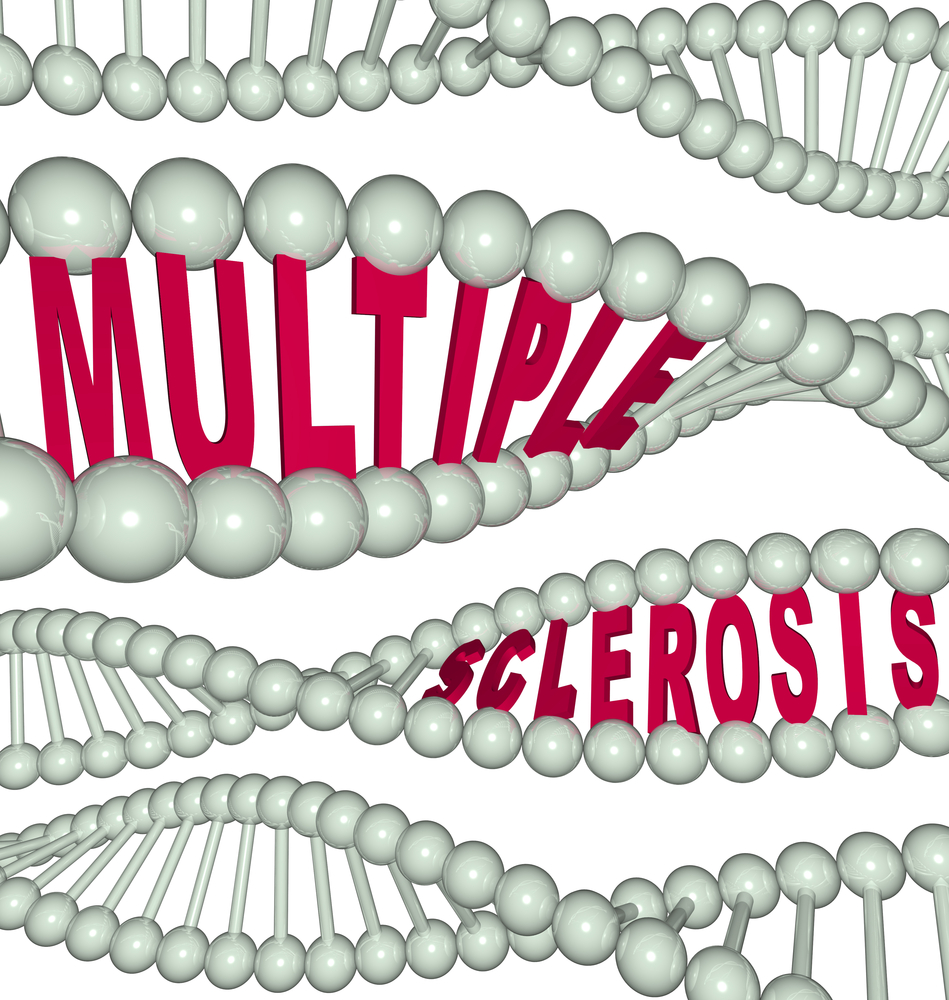H.P. Acthar Gel a Cost-Effective Option for Managing MS Relapses, Study Reports

A recent study analyzing the healthcare resource use and cost of H.P. Acthar Gel, an injectable drug used to manage multiple sclerosis (MS) relapse, demonstrated that the therapy is a viable alternative to plasmapheresis (PMP) and intravenous immunoglobin (IVIG).
Annual direct healthcare costs encountered by MS patients in the U.S. are, on average, $24,000 higher than those without MS. It has also been suggested that relapses account for a large portion of these expenses. This is further complicated by the frequency of relapse in the MS population, with more than eight in every 10 patients experiencing relapses.
Researchers at University of Washington conducted a retrospective observational study to assess the healthcare use and cost of Acthar in treating MS relapse by reviewing healthcare claims data from the Truven Health Analytics MarketScan Commerical Claims and Encounters Database over a one- and two-year period. The study, “Health Care Costs and Resource Utilization in Multiple Sclerosis Relapse Patients,” was published in the journal Advances in Therapy and supported by a grant from Mallinckrodt Pharmaceuticals, the gel’s developer.
H.P. Acthar Gel is a repository corticotropin injection (RCI) that was approved by the U.S. Food and Drug Administration (FDA) in 1978 to treat 19 indications. For patients with MS, Acthar is used to treat acute symptoms in those with frequent and recurring relapse.
The observational study, led by Ryan Hansen, PharmD, PhD, adjunct research assistant professor of Pharmacy and Health Services at Washington, revealed that, within a commercially insured U.S. population, management of MS relapse using Acthar reduced hospitalization frequency, outpatient services, and both inpatient and outpatient costs compared to PMP and IVIG therapies. Specifically, Acthar use reduced inpatient costs by $15,000 and outpatient costs by as much as $54,000 over the one-year period analyzed. These costs were further reduced when data was examined over a two-year period.
Overall data, however, also demonstrated that total patient costs were similar regardless of whether Acthar, PMP, or IVIG was used to manage MS relapse. This is because patient prescription medication costs were higher in those being treated with Acthar. But, the researchers said, these increased expenses were counterbalanced by the decrease in both inpatient and outpatient costs that resulted from using the therapy.
“Managing relapses is a central concern for the overall management of MS, yet there are few studies that compare these three treatment options for multiple relapses. Data such as this from real-life settings can help guide decision making among health care professionals,” Dr. Hansen said in a press release.
Researchers concluded that “Acthar may be a useful treatment option compared to PMP/IVIG for patients with MS experiencing multiple relapses,” but also noted limitations to their study, including a small patient population.






